Dr Ronald Ross: Mosquito, Malaria, India and the Nobel Prize
The discovery of inextricable link between mosquito-malaria by Dr Ronald Ross in 1897 in India is said to be the greatest of all discoveries during the 19th Century! For his epoch-making discovery Dr Ross was awarded the Nobel Prize for Medicine or Physiology, 1902, besides a string of lofty laurels bestowed with him both in India and Great Britain including Knighthood. Through his dedication to malaria he had obviously joined the extraordinary league of such great scientists as Dr Patrick Manson, Dr Antoni van Leeuwenhoek, Dr Charles Louis Alphonse Laveran, Dr Giovanni Battista Grassi, Dr Camillo Golgi and Dr Robert Koch etc., just to name a few for example. Ronald Ross was born in Almora located in the Himalaya in northern India on 13th May, 1857. He worked in the Indian Medical Service for 18 years, under highly compelling conditions and had got to conduct his malaria research through all thick and thin often investing from his personal source. It was during his service in Secunderabad, India, that he made the ground-breaking medical discovery on 20th August, 1897. While Ross will be principally remembered for his malaria work, this remarkable man was also a mathematician, epidemiologist, sanitarian, editor, novelist, dramatist, poet, amateur musician, composer, and artist. He was a true genius who braved his way without yielding to any pressure and carried the outcome of his research to a decisive state of fruition.“Dr Ronald Ross: Mosquito, Malaria, India and the Nobel Prize – an untold story of the First Indian Nobel Laureate” is a unique book, incorporating fables unrecounted so far, and written in simple and lucid language. His life is an inspiration to budding scientists all over the world.
Get it now and save 10%
BECOME A MEMBER

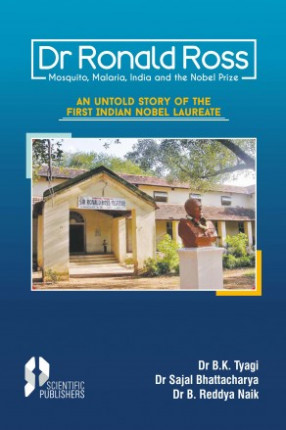
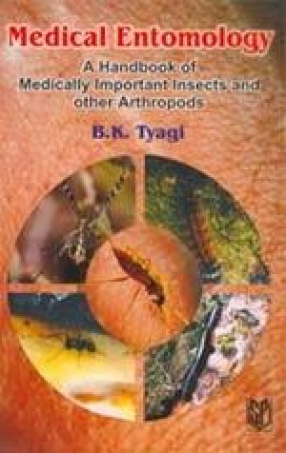
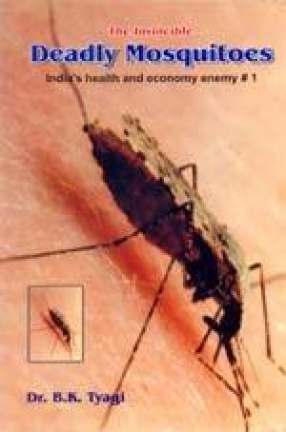
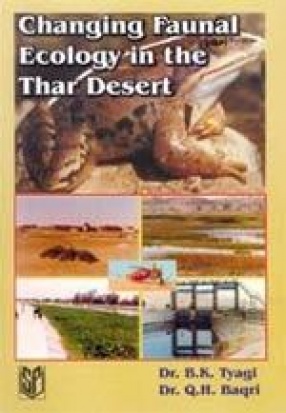
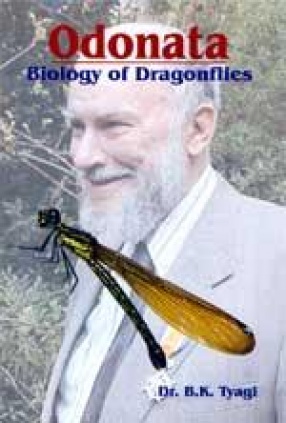
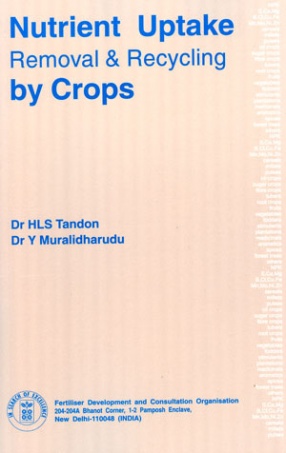
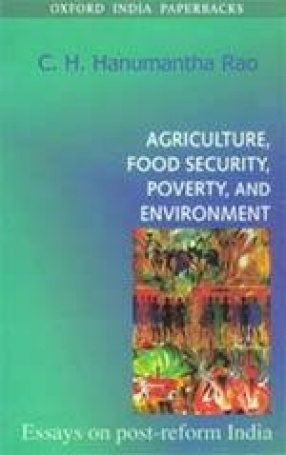
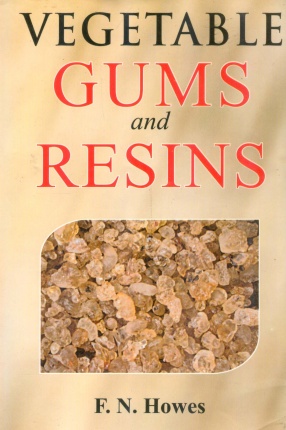
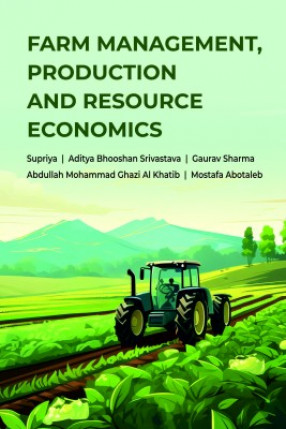

Bibliographic information
Sajal Bhattacharya